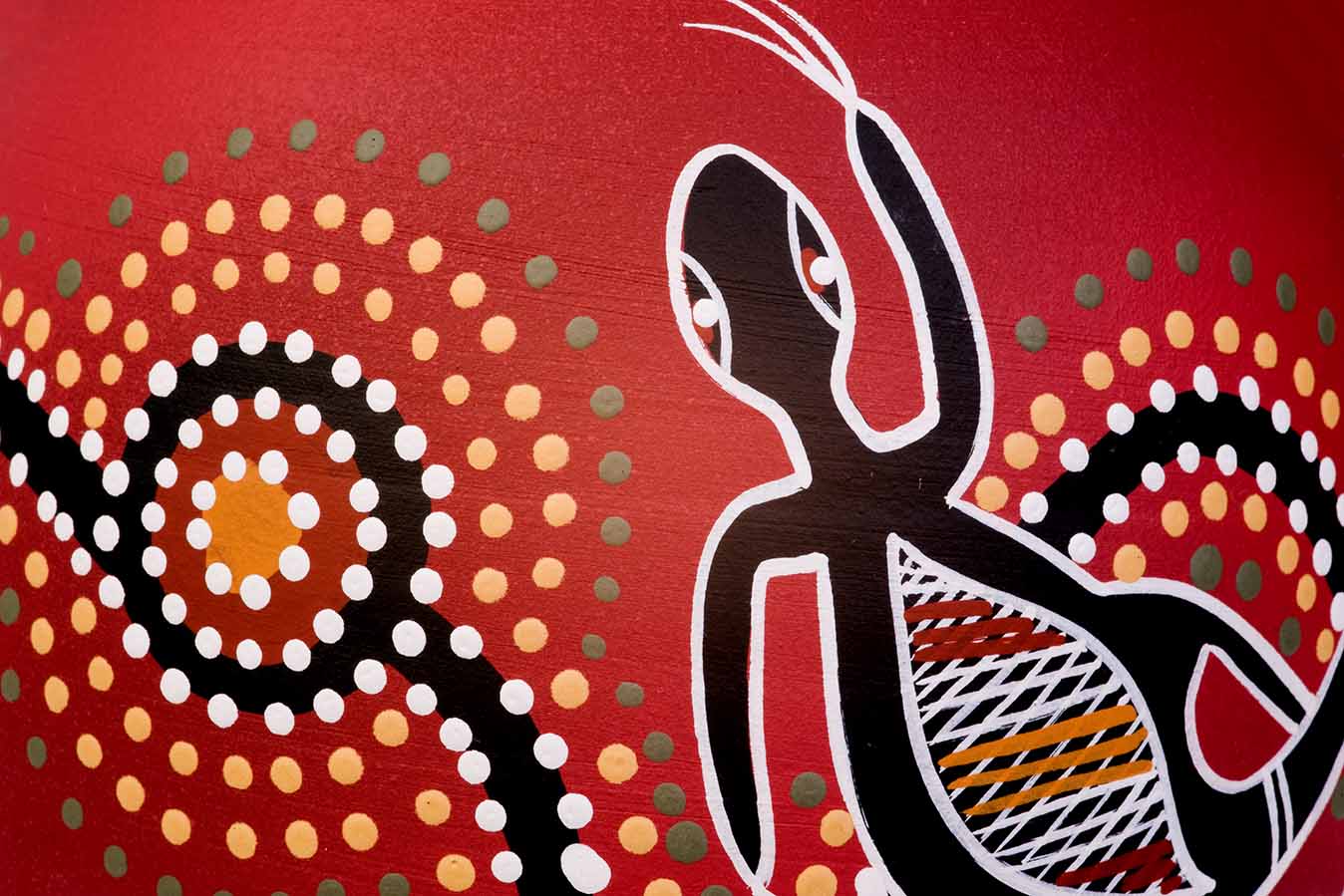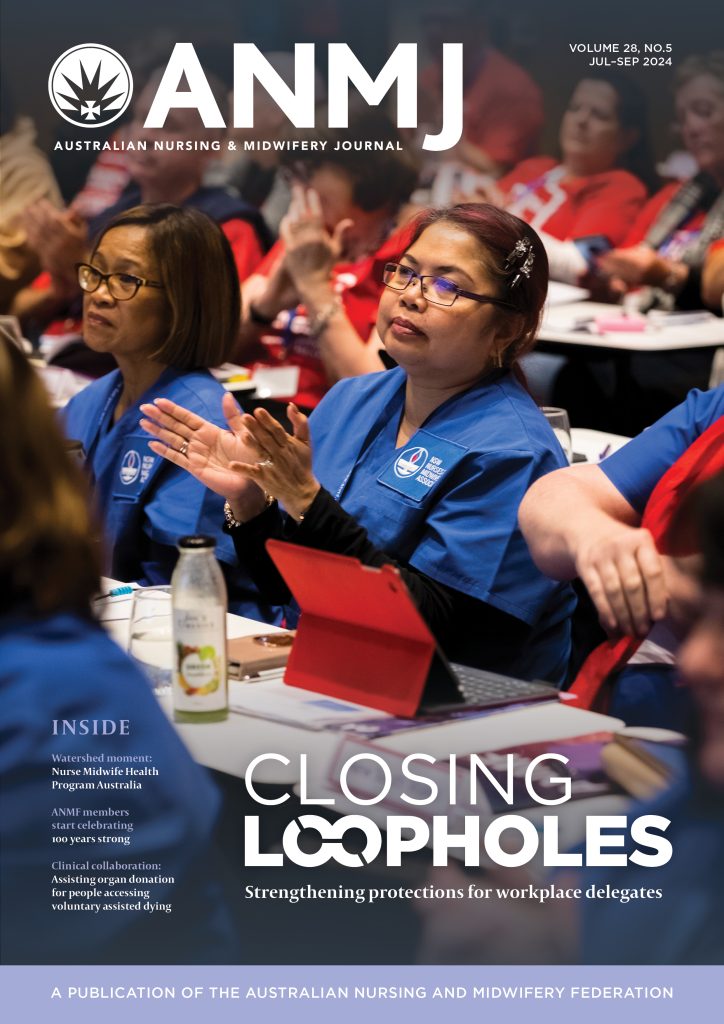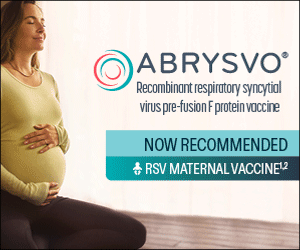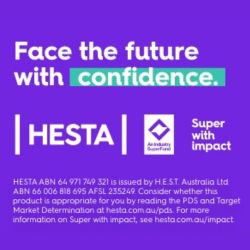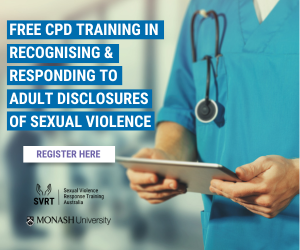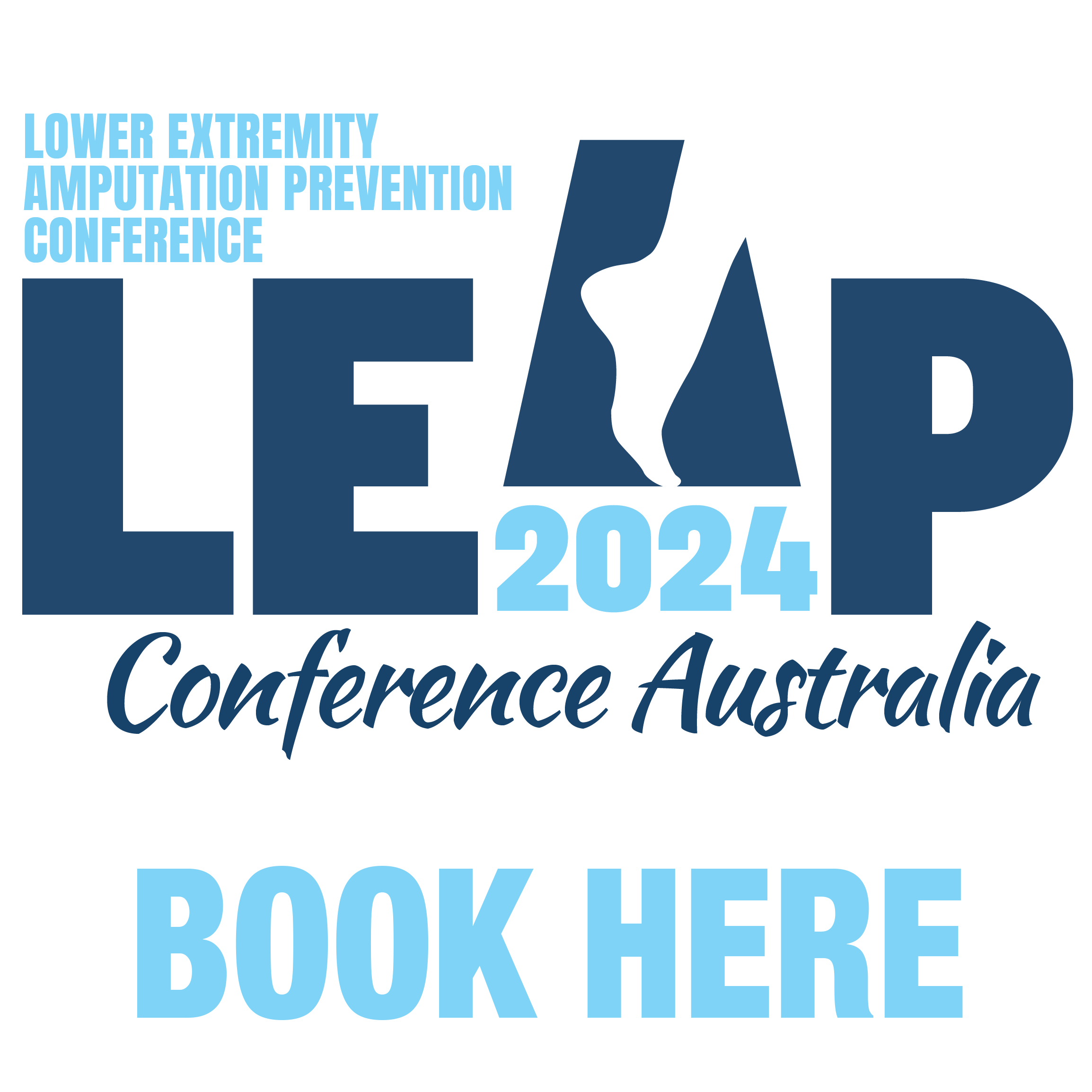The University of the Sunshine Coast (USC) has designed a blueprint for embedding Aboriginal and Torres Strait Islander knowledges, perspectives and experiences into the undergraduate nursing curriculum.
A Call to Action from March 2018 –
The Nursing and Midwifery Board of Australia (NMBA) and the Congress of Aboriginal and Torres Strait Islander Nurses and Midwives (CATSINaM) announced the inclusion of ‘Cultural Safety’ in the new Code of Conduct for nurses. (Congress of Aboriginal and Torres Strait Islander Nurses and Midwives (CATSINaM) 2018; Nursing and Midwifery Board of Australia (NMBA) 2018.
The inclusion of ‘Cultural Safety’ in the nursing codes and embedding Aboriginal and Torres Strait Islander content in undergraduate nursing curriculum is now mandatory. (Australian Nursing and Midwifery Accreditation Council 2012).
The School of Nursing, Midwifery and Paramedicine (SoNMaP) at USC has taken a strong position in social justice and Indigenising their undergraduate nursing curriculum. The embedding resources guiding and supporting their approach include; Universities Australia ‘Indigenous Cultural Competency Framework’, Department of Health ‘Aboriginal and Torres Strait Islander Health Curriculum Framework’, USC ‘A framework for embedding Aboriginal knowledges and perspectives and Torres Strait Islander knowledges and perspectives in curriculum at USC’, and CATSINaM ‘The Nursing and Midwifery Aboriginal and Torres Strait Islander Health Curriculum Framework. (CATSINaM 2017; University of the Sunshine Coast (USC) 2016; Department of Health 2014; Universities Australia 2014).
This approach is scaffolded across the undergraduate nursing program and includes a robust Indigenised foundational course in first year, followed by embedding Indigenous health content in developing individual courses leading to a comprehensive capstone Indigenous health and cultural safety course.
The capstone course has a strong focus on history, culture, contemporary Indigenous health issues and cultural safety.
Enablers include:
The USC SoNMaP employs two Indigenous nursing academics which allows for an Indigenous nursing led perspective on embedding Indigenous content into the curriculum. Staff and student experiences across SoNMaP include: An Indigenous led standalone capstone course, targeted academic and cultural support for Indigenous students, Indigenous clinical placements, Indigenised learning and teaching resources and partnerships with local Indigenous health organisations.
Barriers include:
Limited and inconsistent cultural safety education for nursing staff at an organisation level. Dealing with resistant and racist nursing students’ discontent with Indigenous curriculum content. Indigenised nursing content presented from a deficit model, which can perpetrate negative and racist stereotypes about Indigenous peoples. Limited student exposure to Indigenous themed clinical nursing simulation artefacts.
Recommendations to expediate Indigenising nursing curriculum to improve cultural safety:
- Mandatory standalone course (Indigenous nursing academic led and taught in a face to face delivery mode). Course to include a strong focus on cultural safety, to enable nursing students to take their own journey towards cultural safety.
- Support for tenured Indigenous nursing academic positions (with academic positions increasing in line with Indigenous student numbers) to lead the embedding of Indigenous health and cultural safety curriculum, with support of non-Indigenous colleagues (Stuart 2017).
- Implementation of requisite cultural awareness education progressing to cultural safety for non-Indigenous nursing academic staff annually (Indigenous led and taught in a face to face delivery mode). Ensure that the cultural safety of Indigenous nursing academics and nursing students is maintained and upheld (Stuart 2017).
- Heads of school, to hold affiliate membership of the Congress of Aboriginal and Torres Strait Islander Nurses and Midwives (CATSINaM), and the associated peer support network for nursing and midwifery educators, Leaders in Indigenous Nursing and Midwifery Education Network (LINMEN).
References
Australia. Department of Health. 2014. Aboriginal and Torres Strait Islander Health Curriculum Framework. Canberra: Department of Health.
Australian Nursing and Midwifery Accreditation Council. 2012. Registered nurse accreditation 2012, Australian Nursing and Midwifery Accreditation Council.
Congress of Aboriginal and Torres Strait Islander Nurses and Midwives (CATSINaM). 2017. The Nursing and Midwifery Aboriginal and Torres Strait Islander Health Curriculum Framework: an adaptation of and complementary document to the 2014 Aboriginal and Torres Strait Islander Health Curriculum Framework, Congress of Aboriginal and Torres Strait Islander Nurses and Midwives.
CATSINaM. 2018. NMBA and CATSINaM joint statement on culturally safe care, Congress of Aboriginal and Torres Strait Islander Nurses and Midwives.
Nursing and Midwifery Board of Australia. 2018. Code of Conduct for nurses, Nursing and Midwifery Board of Australia.
Stuart, L. 2017. Maroochy Dreaming: The Stories Of Aboriginal Nursing Academics Who Have Been Employed Within Schools Of Nursing And Midwifery In Queensland Universities Between 2003 and 2013. Unpublished PhD Thesis, University of the Sunshine Coast, Australia.
Universities Australia. 2014. Indigenous Cultural Competency Framework, Retrieved August, 2018, from https://www.universitiesaustralia.edu.au/uni-participation-quality/Indigenous-Higher-Education/Indigenous-Cultural-Competency-Framework/Indigenous-Cultural-Competency-Framework#.W3Dr4tIzaUk.
University of the Sunshine Coast. 2016. A framework for embedding Aboriginal knowledges and perspectives and Torres Strait Islander knowledges and perspectives in curriculum at USC, Sippy Downs, University of the Sunshine Coast.
Lynne Stuart (Mandandanji) is an Indigenous RN working at USC as Senior Lecturer in Nursing, and Lead for the Indigenous health and cultural safety course in the SoNMaP undergraduate nursing program. Lynne is leading the embedding Indigenous health content in SoNMaP at USC.
Matthew Mason (Whitefella) is a RN working at USC as Lecturer in Nursing. Matt has extensive experience in many settings from tertiary facilities to remote and resource limited areas. Matt has spent much of his career working with and for Aboriginal and Torres Strait Islander communities. Matt is a team member for embedding Indigenous health content in SoNMaP at USC.



